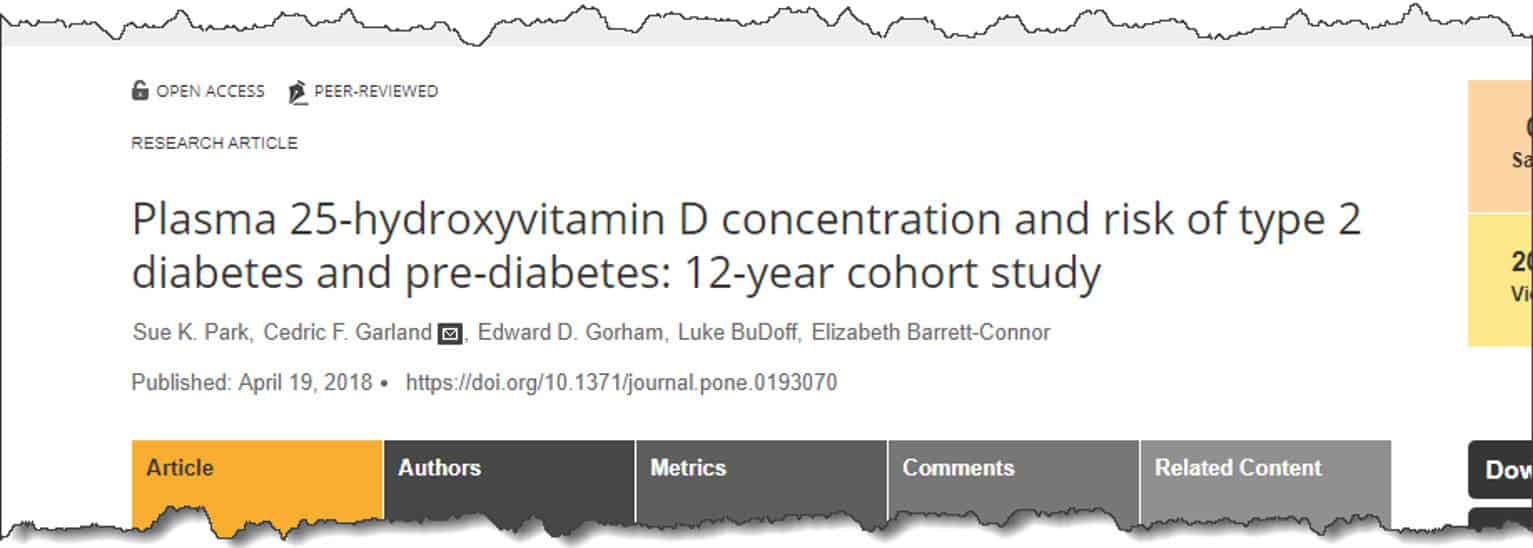
[cmamad id=”18912″ align=”center” tabid=”display-desktop” mobid=”display-desktop” stg=””]
If your levels of this vitamin are above 50 ng/ml, then you reduce your diabetes risk by a fifth.
—-Important Message—-
Every woman wanted him – and it was because of this “man juice”…
And even today, a herb lady in Colombia is preparing this “man juice”…
It’s nothing like you have ever seen before. The herb lady spends hours gathering the herbs and then she prepares a “man juice” according to ancient practices.
She gives the “man juice” to all the men in her village… And every single one of them has a very large penis and remains sexually potent well into his 90s.

One of those men is a smuggler and he has a 12-inch penis…
I met him as he was playing tennis and he wasn’t discreet about it all.
As we started talking, he told me his story and revealed how he got such a huge penis and incredible sexual stamina along with it…
Yes, he revealed the “man juice” recipe the herb lady uses.
——–
New study: Vitamin reverses diabetes in men
If you have diabetes or pre-diabetes, then you know it can cause massive health problems…
And it can kill erections in men, draining the male vitality out of them and destroying the possibility of sex for the rest of their lives…
For most men, diabetes is a medical rat-hole… Their physicians prescribe… And they take, and take, and take…as diabetes gets worse, and worse, and worse…
And this is a terrible scandal. Why?
Because reversing diabetes is entirely possible…
I’ve actually seen it happen many times. Thousands of men are reversing their Type 2 diabetes.
While most doctors will tell you that diabetes is all related to the amount of sugar in our diets, I don’t think it’s that simple.
In fact, I think the causes of diabetes are mostly hidden…
And most doctors don’t know about those causes (and won’t tell you about them if they do know).
And here’s one of the causes that you probably won’t hear anything about from your doctor: vitamin D deficiency.

Vitamin D deficiency is linked to the development of diabetes.
Diabetes is a vexing problem worldwide.
The rates keep going up and up and scientists aren’t always sure why.
But maybe the fact that we spend so much time indoors is a big part of the problem.
[cmamad id=”18913″ align=”center” tabid=”display-desktop” mobid=”display-desktop” stg=””]
That’s because vitamin D deficiency is directly linked to a huge increase in the risk for diabetes.
And we mostly get vitamin D from being in the sunshine.
“An epidemiological study conducted by researchers at University of California San Diego School of Medicine and Seoul National University suggests that persons deficient in vitamin D may be at much greater risk of developing diabetes.”
Take a look at the language they’re using in this study – “much greater risk”.
That’s significant because most of the time what scientists are saying is that there is a “slightly greater risk” or something like “a 30% higher chance”…
But low vitamin D levels can predispose you to diabetes by a very large margin.
I like this study because it was done on a large group of people – over 900 people.
And it was done on people, not rats or monkeys.
“The scientists studied a cohort of 903 healthy adults (mean age: 74) with no indications of either prediabetes or diabetes during clinic visits from 1997 to 1999, and then followed the participants through 2009. Vitamin D levels in blood were measured during these visits, along with fasting plasma glucose and oral glucose tolerance.”
What’s remarkable about this study is how clearly it shows that low vitamin D levels predispose people to diabetes.
And the lower the levels, the worse the results.
This study found that you could cut your risk of diabetes by a third with vitamin D levels over 30 ng/ml.
And if your vitamin D levels are above 50 ng/ml, then you reduce your diabetes risk by a fifth.
“We found that participants with blood levels of 25-hydroxyvitamin D that were above 30 ng/ml had one-third of the risk of diabetes…and those with levels above 50 ng/ml had one-fifth of the risk of developing diabetes…”
So if you have low levels of vitamin D (under 30 ng/ml) you have a five times greater risk of developing diabetes than somebody with over 50 ng/ml levels!
“Persons with 25-hydroxyvitamin D levels below 30 ng/ml were considered vitamin D deficient. These persons, the researchers found, were up to five times at greater risk for developing diabetes than people with levels above 50 ng/ml.”
How much vitamin D should you take?
Here’s another thing I like about this study – it actually tells you what to do.
The scientists in the study say that to reach the preventative levels of vitamin D in your blood, you need to supplement at about 3,000 to 5,000 IUs per day.
And you always want to take vitamin D3 (not some other form of vitamin D) because it’s the most bioavailable.
“To reach 25-hydroxyvitamin D levels of 30 ng/ml…would require dietary supplements of 3,000 to 5,000 international units (IU) per day – less with the addition of moderate daily sun exposure with minimal clothing (approximately 10–15 minutes per day outdoors at noon).”
Generally speaking, I usually recommend to my clients that they should take vitamin D3 supplements in the winter…
And I recommend they try to get out in the sun on a regular basis during the spring, summer, and fall.
If you don’t cover up your skin with sunscreen, your body will make vitamin D from sunshine alone.
But it’s much harder to do that in the wintertime when the sunlight is not as direct. So make hay while the sun shines!
—–Important Message—–
Vitamin D works to prevent diabetes, but here’s something that can REVERSE diabetes…
And the studies about this diabetes reverser were buried by Big Pharma.
This Harvard study shows how a common household remedy fixes BOTH sexual problems and blood sugar problems.
And yet I believe that Big Pharma has BURIED and purposely IGNORED this important study.
Why? Maybe because the remedy is so cheap and readily available in ANY drugstore… Maybe because it can’t be patented…

—————-

https://www.sciencedaily.com/releases/2018/04/180419154632.htm
Plasma 25-hydroxyvitamin D concentration and risk of type 2 diabetes and pre-diabetes: 12-year cohort study
http://journals.plos.org/plosone/article?id=10.1371/journal.pone.0193070

Leave a Reply